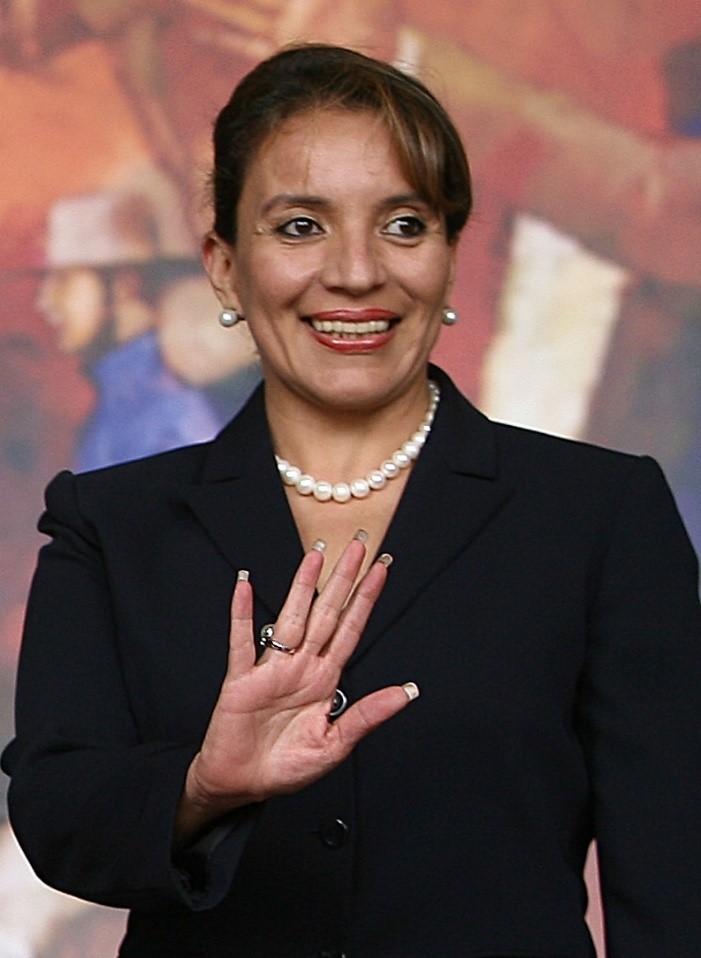
President-elect Xiomara Castro of Honduras campaigned on opening diplomatic relations with China.
“Could the new left-wing Honduran executive repeat patterns that led to situations similar to those before the 2009 coup?…Another question is whether the new Honduran government will bet on strengthening relations with left-wing Latin American governments…Castro also intends to establish relations with mainland China.”
The most recent elections in Honduras could have outsized implications for geopolitics and emerging great power rivalry. In late November, Hondurans voted overwhelmingly in favor of Xiomara Castro, wife of deposed president Manuel Zelaya, in a vote that broke the Honduran Nationalist Party’s hold on power. The generally center-left Argentinian daily Clarín reports that the election set a record for participation and votes cast. The outlet also reports that the post-election violence and accusations of fraud expected by some analysts, based on previous elections, did not come to pass. The Spanish-language outlet of the British news agency BBC Americas, highlights the similarities and differences between Castro’s left-wing Libre Party and left-wing parties in the past. It also highlights Castro’s campaign pledge to open relations with China and break relations with Taiwan as a major point of potential friction with profound ramifications. Xiomara’s promise to open relations with China and end relations with Taiwan would follow a wave of similar announcements in Central America. After Panama broke relations with Taiwan in 2017, El Salvador and Nicaragua have since followed. If Castro follows through on her pledge, Guatemala and Belize would remain the only two countries in Central America to recognize Taiwan, tipping the geopolitical balance decisively in favor of China. Further, Xiomara has pledged independence from her husband and his former administration, whose time in office was marked by close relations with Cuba, Venezuela, and Nicaragua, as well as controversial steps to weaken institutions and rewrite the country’s constitution. Should Xiomara seek to develop similar relationships and pursue similar policies, it will contribute to Latin America’s leftward political trajectory and could be deleterious to the region’s already feeble democracies.
Source:
“Xiomara Castro se encamina a ser la nueva presidenta de Honduras (Xiomara Castro is on the way to being the new president of Honduras),” Clarín (the largest daily in Argentina and generally described as center-left), 28 November 2021. https://www.clarin.com/mundo/cerraron-urnas-honduras-final-incierto-ex-primera-dama-oficialismo_0_m6V1ox0TE.html
Fears of fraud, something that the opposition already denounced in the previous elections of 2017…fuel tensions…Current President Hernández managed to get reelected amid accusations of fraud by the opposition and international observers. That unleashed a wave of protests and state repression that left some thirty dead.
Source: “Xiomara Castro: en qué se diferencia la izquierda que regresa al poder en Honduras de la que fue derrocada por un golpe en 2009? (Xiomara Castro: how is the left that returns to power in Honduras different from the one that was overthrown by a coup in 2009?),” BBC Americas (the Spanish-language outlet of the British news agency), 1 December 2021. https://www.bbc.com/mundo/noticias-america-latina-59486468
Could the new left-wing Honduran executive repeat patterns that led to situations similar to those before the 2009 coup?…Another question is whether the new Honduran government will bet on strengthening relations with left-wing Latin American governments…Castro also intends to establish relations with mainland China.
Image Information:
Image caption: President-elect Xiomara Castro of Honduras campaigned on opening diplomatic relations with China.
Source: https://commons.wikimedia.org/wiki/File:Xiomara_Castro_on_August_07,_2007_(cropped).jpg
Attribution: Wikimedia
